Saffron is the most expensive spice in the world, costing up to $5 per gram. It is a tiny part of a fragrant flower called Crocus sativus flower, which is related to the lily, and smells like honey. Saffron is expensive because it is difficult to harvest. Farmers must carefully pick the threads from each flower by hand. Saffron threads are dried and then cured in order to bring out their flavor. This process is time-consuming and labor-intensive, which makes saffron one of the most expensive spices in the world. However, a little saffron goes a long way in terms of flavor, so it is worth the investment for many cooks.
Table of Contents
What is Saffron?
Saffron is a spice that has been used for centuries in cooking and as a natural dye. It has a long and storied history. While its exact origins are debated, it is most likely that saffron originated in Iran. In Iran, saffron was revered for its medicinal properties. People would eat saffron to enhance libido, boost mood, and improve memory.
One of the earliest spices, saffron has been grown by humans since 1600–1700 BC. It might have come from parts of the Middle East, Central Asia, or the southwest Greek islands. It is widely grown in several nations, including China, India, and the Middle East. It is a perennial herb that gets 10 to 25 cm tall and blooms with purple flowers in the beginning of the fall. This flower's three strand "stigma," which is a striking red color, is dried and used to manufacture the spice "saffron."
Health Benefits of Saffron:
Saffron has been shown to be effective in fighting against cancer and cancer-causing agents. It is also believed to help prevent the development of resistance to insulin, which could potentially help manage diabetes. Additionally, saffron may help respiratory problems such as colds, coughs, and asthma, as well as other lung diseases. Finally, saffron may also be helpful in managing rheumatism. All of these potential benefits make saffron a promising addition to any natural health regimen.
- Brighter skin:
Saffron has been used to treat skin conditions since ancient times. It is thought to improve complexion, decrease dark circles under the eyes, refresh the face and help manage acne and infections of the superficial layer of the skin (erysipelas).
Saffron has also been shown to help protect the skin from damage caused by the sun's UV rays. This makes it an ideal natural sunscreen for those with sensitive skin. Additionally, saffron may help reduce the production of melanin pigment in the skin, resulting in a lighter complexion.
- Loaded with antioxidants:
Saffron has a lot of antioxidants, just like many other herbs and plants. These compounds aid in the battle against cell deterioration and may shield against cancer and other disorders. Additionally, studies have suggested that saffron's antioxidants may benefit your brain and nerve system.
Three antioxidants present in saffron—crocetin, crocin, and safranal—may aid in memory and learning improvement. These chemicals might potentially serve as a defense against neurological diseases like Parkinson's.
- Reduces cholesterol level
Saffron may lower blood cholesterol levels, which may lower atherosclerosis (a condition in which cholesterol gets deposited on the arteries). 1 Saffron has some potential benefits for lowering blood cholesterol levels, but further research is needed to confirm this. As a result, if you have high blood cholesterol, you should contact your doctor for a consultation. Saffron should not be used to lower blood cholesterol without first visiting a physician.
- Aids in digestion:
Saffron may help with digestive issues like gas and indigestion. It may also help with amoebic dysentery. Adding saffron to your diet might ease digestion, but it's always best to talk to a doctor if you're having digestive problems.
- Saffron for eyes:
Saffron may help to protect the eyes from damage and disease. It has been used in the form of ‘Kohl’ by females for lining their eyes, as a form of makeup, which may help protect them from eye infections. Saffron may also help reduce the destruction of photoreceptor cells in the eye that occurs due to exposure to light.
- Relieves PMS & Stress:
A number of small studies have found that saffron may help improve depression symptoms associated with premenstrual syndrome (PMS). In one study, 60 women with PMS were randomly assigned to either take a daily supplement containing 30 mg of saffron or a placebo for two menstrual cycles. The women taking the saffron supplement experienced significantly greater improvements in their depression symptoms than those taking the placebo.
Other research has also found that saffron may be effective in treating other mental health conditions, such as anxiety and stress. One study found that taking a daily supplement containing 200 mg of saffron for eight weeks significantly reduced symptoms of anxiety and stress in people with generalized anxiety disorder.
- Aids in weight loss:
Saffron may help to reduce hunger and the frequency of snacks, according to a study on a group of women. The study found that taking saffron helped the women feel less hungry and snack less often. This may be due to saffron's ability to regulate levels of the hunger-related hormone ghrelin. If you're trying to lose weight, incorporating saffron into your diet may help you stick to your goals.
How to incorporate Saffron in our life?
Saffron is a spice that has been used for centuries. It can be used in many different ways, such as making candies and tea, or as a natural food dye. Saffron soaked with basil leaves and applied to the skin is a great remedy for acne. Soaked Saffron mixed with olive oil, virgin coconut oil or raw milk helps to enhance facial blood circulation. To make saffron tea, soak a few threads in hot water. You can also add the liquid to savory dishes for flavor.
- Saffron threads, garlic, and thyme are fantastic additions to vinegar for a delicious fish marinade.
- To give biscuits, pastries, and cakes a buttery golden hue and a delicious aroma, use saffron.
- For a special treat, prepare biryanis with saffron, Indian bay leaves, cloves, cinnamon, and nutmeg.
- To transform a glass of champagne or sparkling apple cider into a golden nectar, crush a tiny bit of saffron into the beverage.
- Saffron and cardamom-infused coffee is a calming and heart-healthy beverage.
- To make a straightforward version of the well-known Indian yogurt beverage lassi, combine whole milk, yogurt, and honey with saffron and cinnamon.
FAQs on Saffron:
Q: How to choose the best saffron?
A: Saffron may be judged for purity and quality using the taste test. As a result, be sure it's phony if you tasted saffron and felt a sweetness in your mouth. Choosing saffron with high quality can also be done by looking at its color. The best saffron is dark red, and when it dissolves in water, its color won't alter. The smell of the real saffron might also help you identify it. High-quality saffron has an aroma that is reminiscent of honey and alfalfa.
Q: What are the major benefits of saffron?
A: Numerous chemical substances with various health advantages can be found in the saffron's scarlet stigmas. The primary benefit of saffron is that it has mild to moderate antidepressant properties. Additionally, it is a decent antioxidant agent that lowers the risk of cardiovascular disorders. Saffron is also frequently used to treat digestive issues and gastrointestinal pain. Therefore, including saffron in your regular diet might be a really healthy decision.
Q: How much saffron should be used?
A: Assuming you are not pregnant, it is generally safe to consume saffron in small to moderate amounts. The recommended amount is up to 1.5 milligrams per day, which is equivalent to 2 teaspoons. Most recipes only use a fraction of this amount, so there is no need to worry about consuming too much saffron.
However, if you are pregnant, it is best to start consuming saffron from the second trimester onwards. This will help reduce any potential risks associated with consuming saffron during pregnancy.

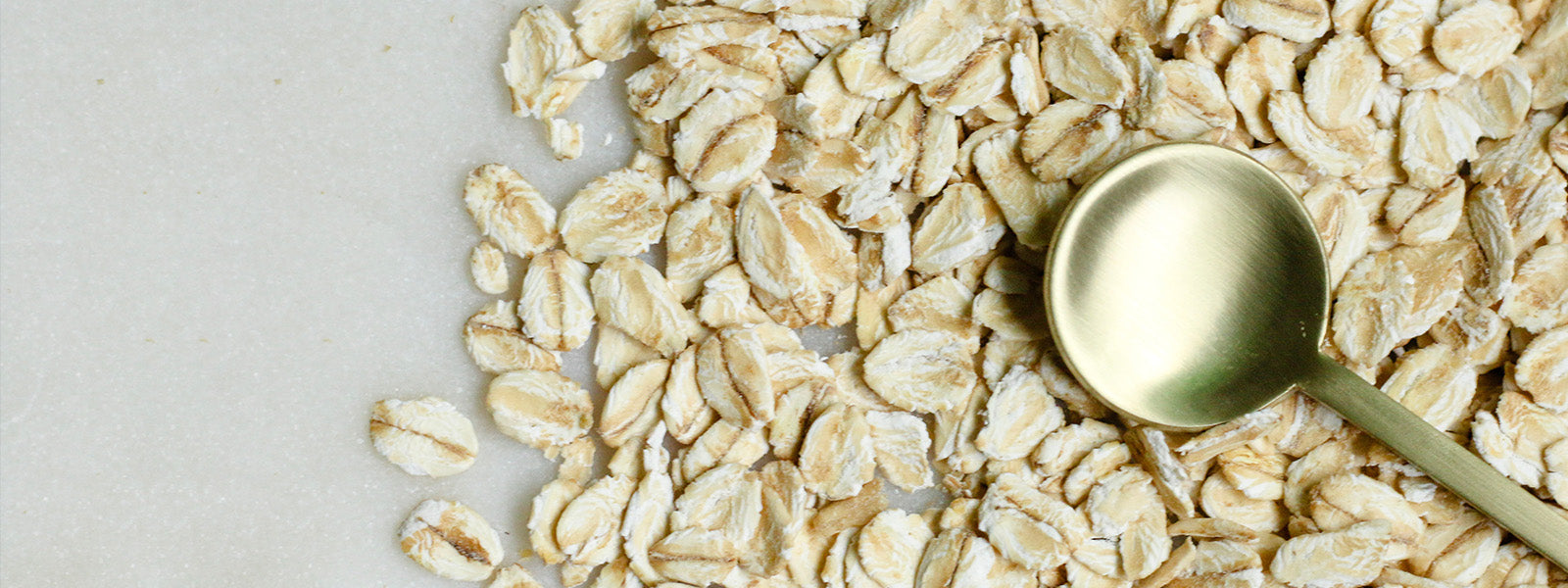
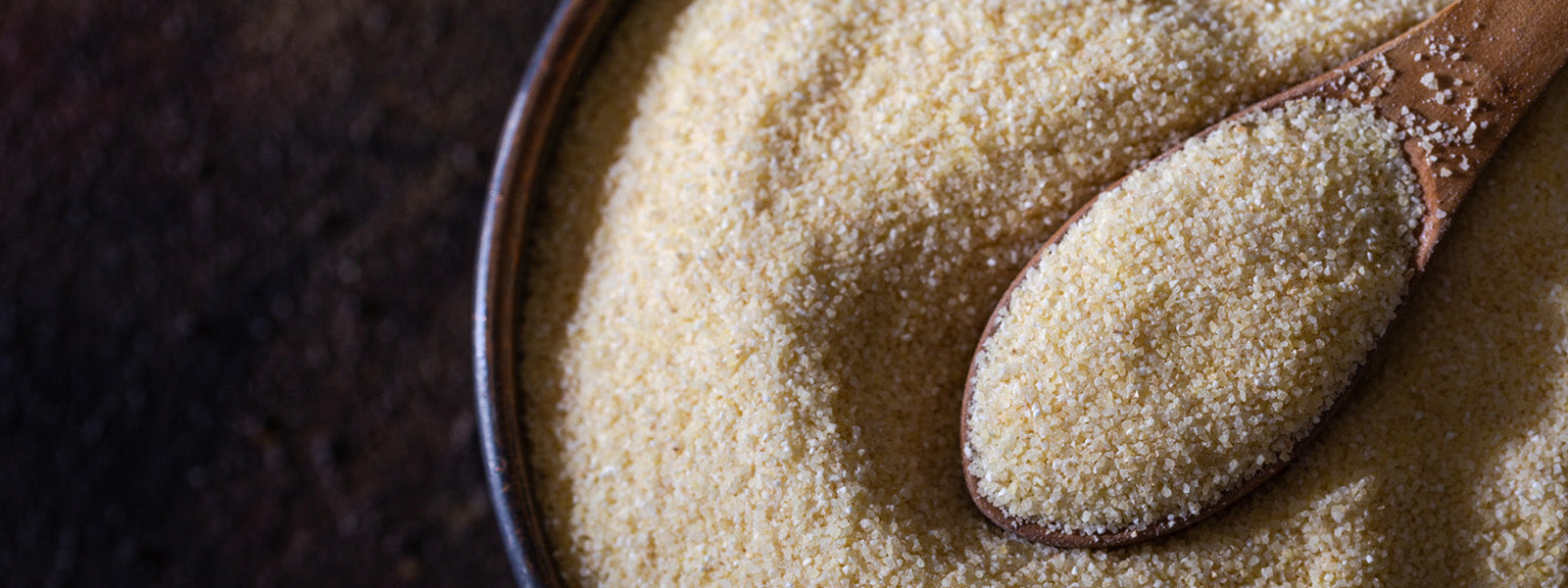
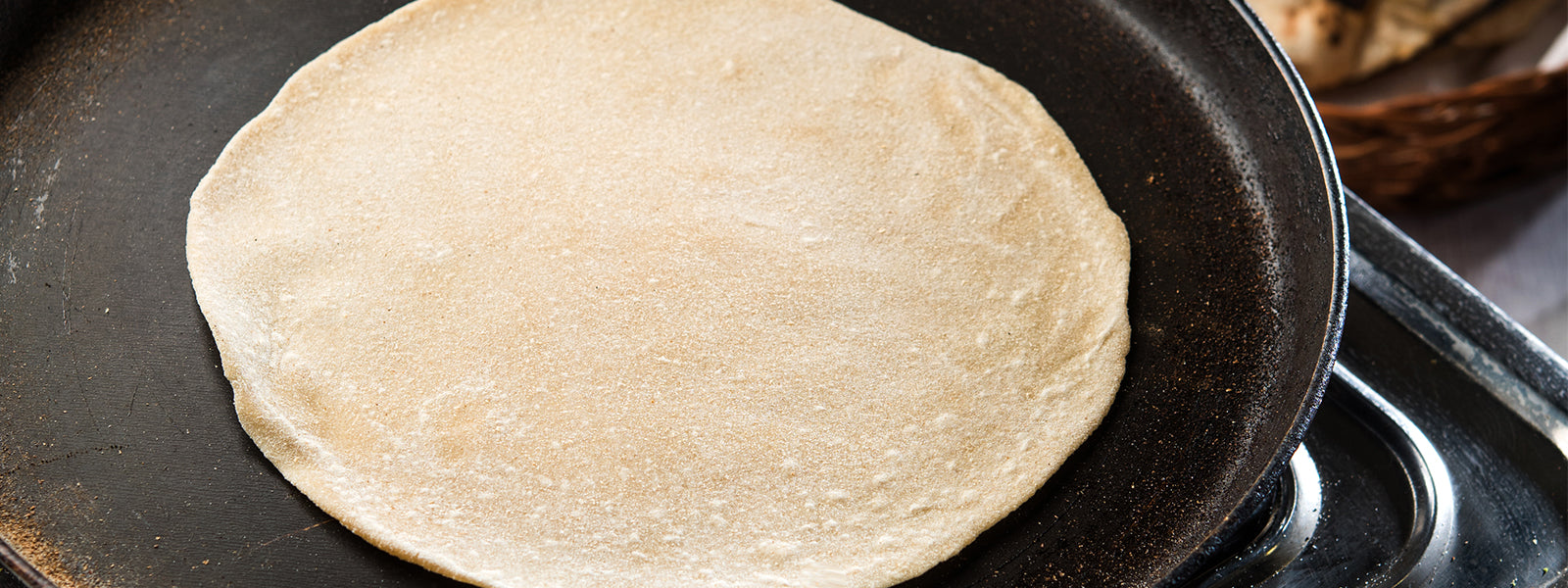
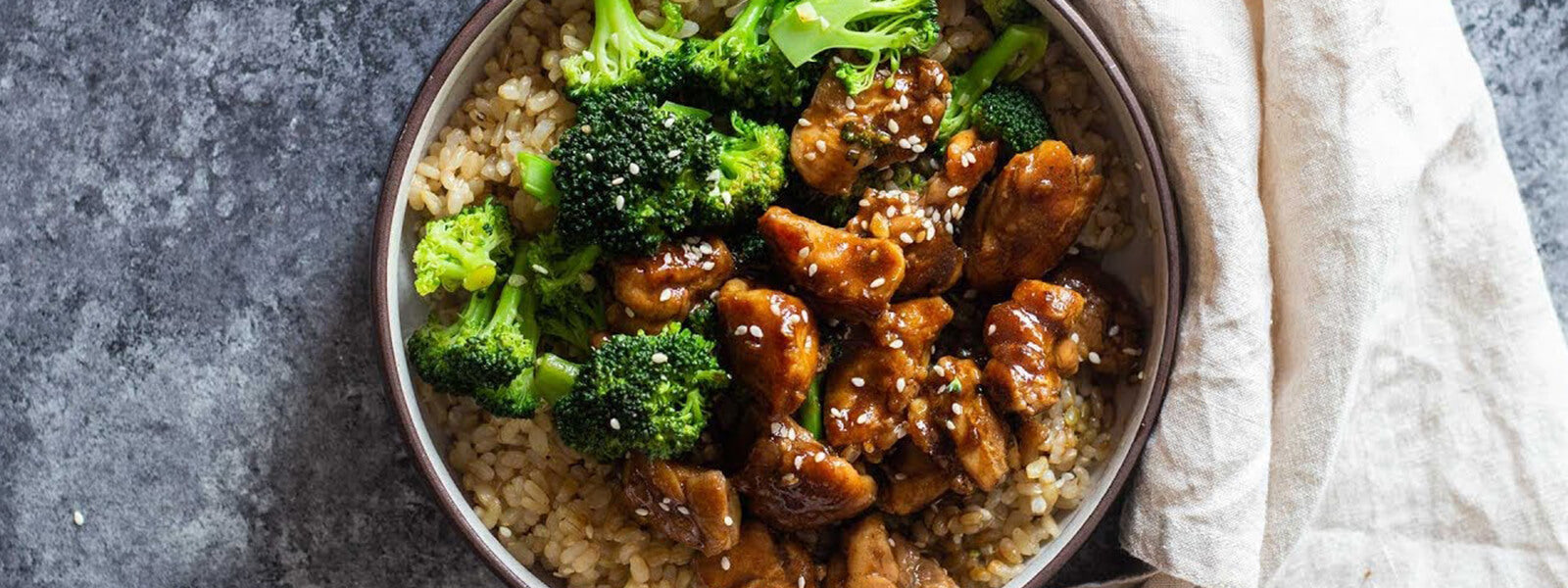
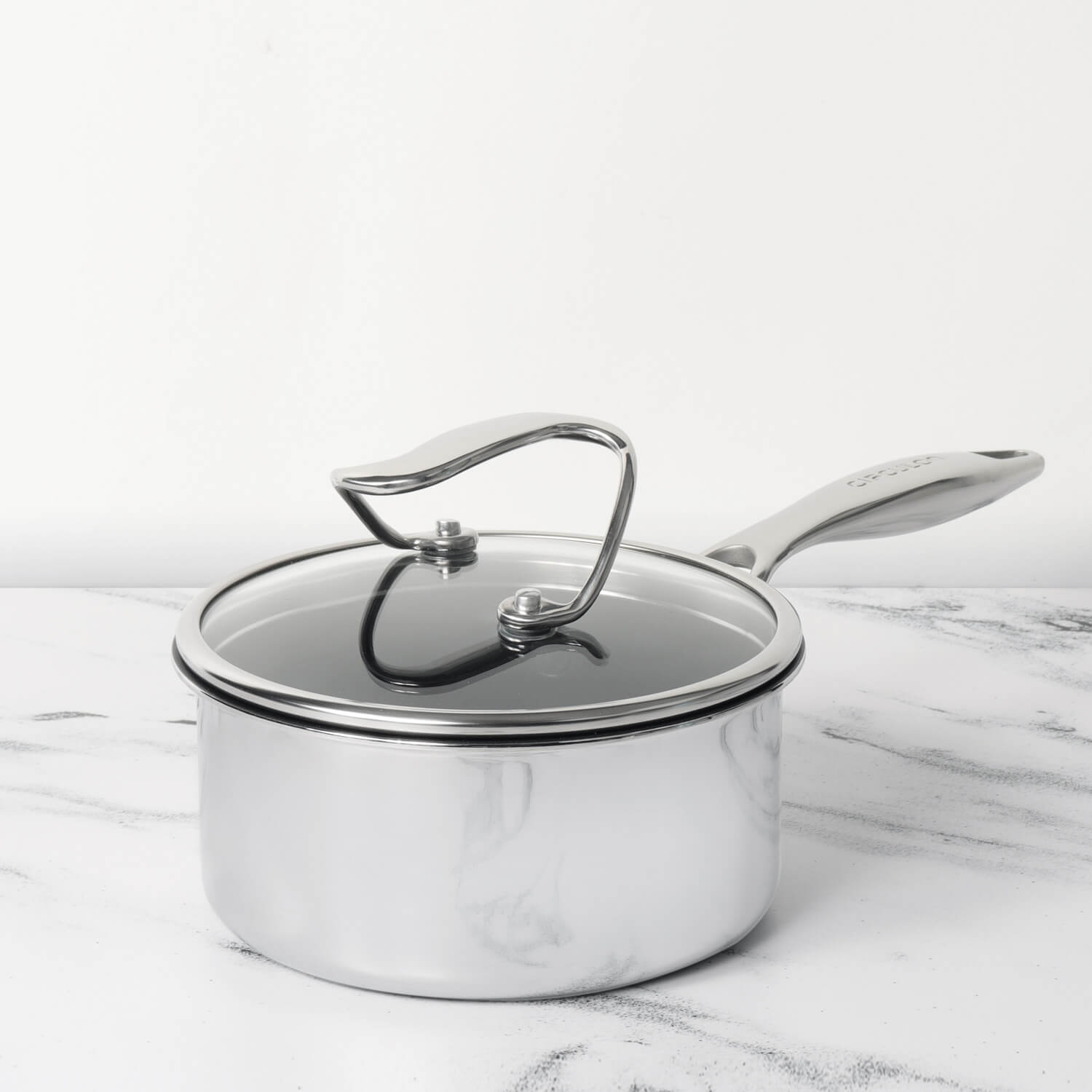
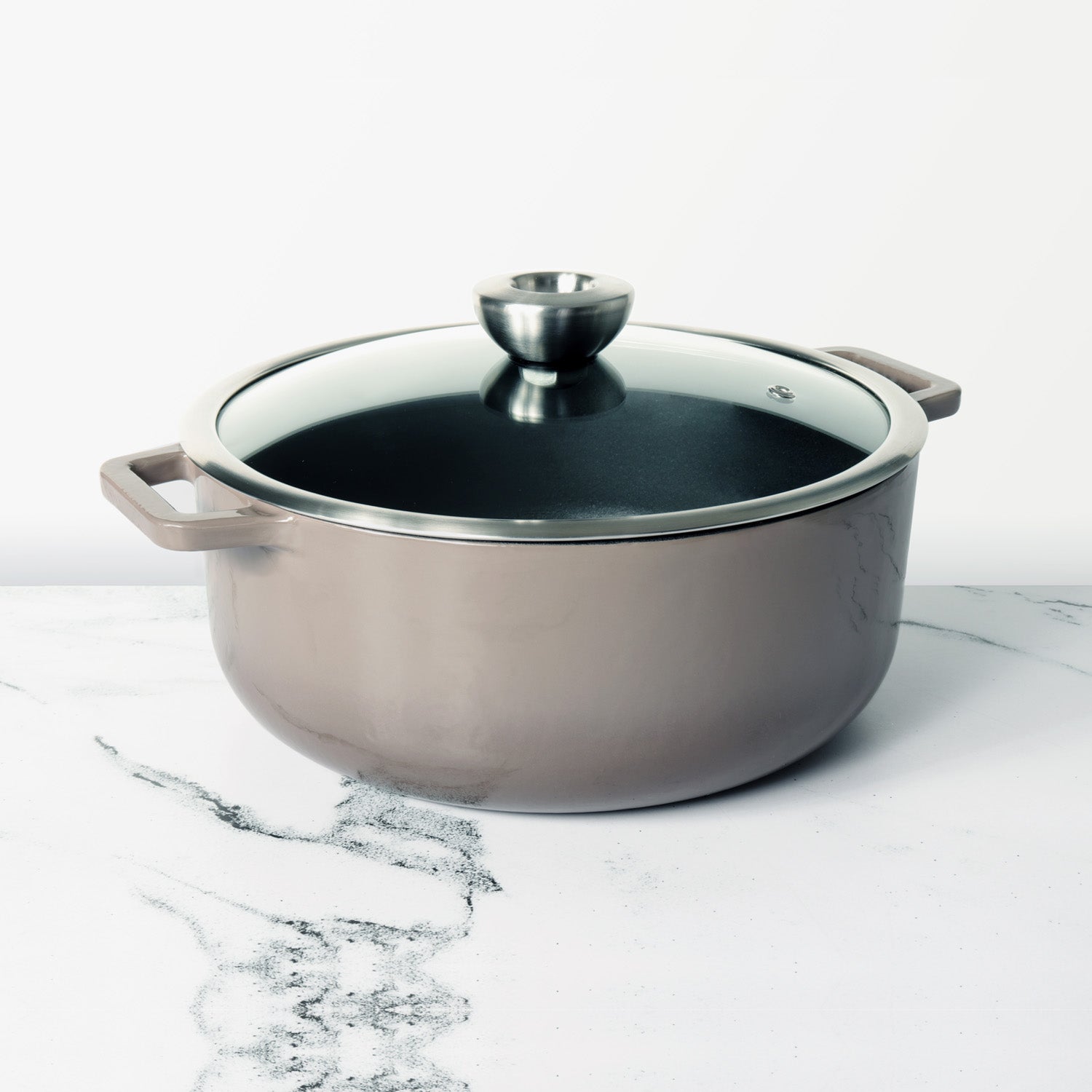




Leave a comment